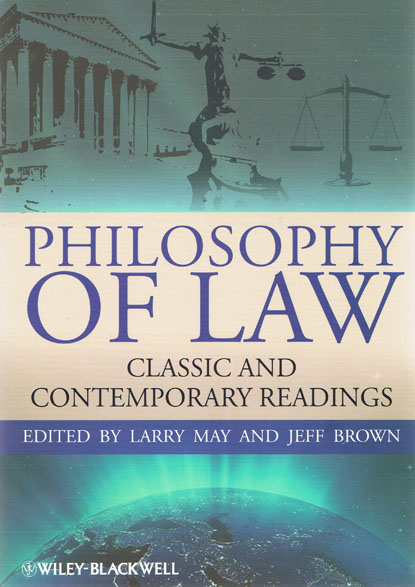We will be closed from 5pm Thursday 17th April for the Easter Bank Holidays, re-opening at 8.30am on Tuesday 22nd April. Any orders placed during this period will be processed when we re-open.

Philosophy of Law provides a rich overview of the diverse theoretical justifications for our legal rules, systems, and practices.